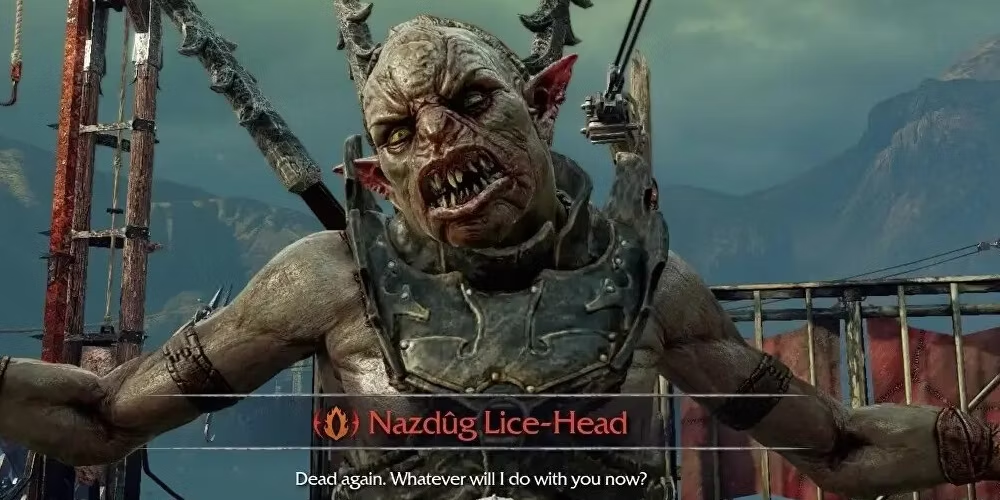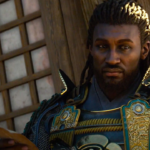While countless video games strive to motivate players through encouraging messages and rewarding failures, some developers take a different approach. These titles revel in the player’s struggle, incorporating mechanics and narrative elements that actively punish or even mock repeated defeats. This unexpected twist on failure creates a unique and often frustrating, yet undeniably engaging gameplay experience. Let’s delve into three such games that relish rubbing salt into the wounds of persistent (or perhaps masochistic) players.
1. Ninja Gaiden Black: Difficulty with a (Mocking) Choice
The fast-paced, action-packed world of Ninja Gaiden Black is notorious for its unforgiving difficulty. Enemies hit hard, resources are scarce, and mastering complex combat techniques is a necessity for survival. However, the game throws a unique curveball at players struggling with its brutality. After suffering three humiliating defeats within the first chapter, a seemingly helpful prompt appears: “Do you choose to abandon the way of the ninja?”

This seemingly empathetic offer is a double-edged sword. Choosing “yes” triggers a significant reduction in difficulty. Enemies become noticeably weaker, while Ryu Hayabusa, the protagonist, gains a substantial power boost. This option provides a clear path forward for frustrated players, but at a significant cost. Succumbing to this “easy mode” carries a heavy weight of shame, a constant reminder of abandoning the true ninja spirit.
2. Sifu: The Harsh Toll of Time
Sifu presents a completely different take on punishing player failure. Set in a stylish and brutal martial arts world, the game emphasizes mastery over button-mashing. Each opponent poses a serious threat, and a single mistake can lead to a devastating defeat. However, the consequence extends beyond a simple game over screen. In Sifu, each time you fall in combat, your character ages. This isn’t just a cosmetic change; your character’s physical capabilities deteriorate as they age. Younger versions of your fighter move faster, access a wider range of abilities, and can withstand more punishment. Conversely, older iterations become slower, have limited access to certain techniques, and are more susceptible to enemy attacks.

This aging mechanic adds a layer of strategic depth to the gameplay. While perseverance is crucial, a constant stream of deaths can leave you at a significant disadvantage later in the game. Players are forced to find a delicate balance between aggressiveness and caution, constantly aware that each defeat comes at a tangible cost. The constant reminder of your character’s age, visually manifested through wrinkles and graying hair, serves as a constant taunting reminder of your failures.
3. Middle-earth: Shadow of War – Orcish Promotion Through Your Downfall
The open-world brutality of Middle-earth: Shadow of War places you in a relentless power struggle with hordes of Orcs. The Nemesis System, a core gameplay mechanic, personalizes the Orc captains you encounter. Each defeat strengthens the enemy, etching your failure into the game’s narrative. If you continuously fall at the hands of the same Orc captain, witness their rise to power. They’ll earn promotions within the Orc hierarchy, garner respect from their comrades, and even draw the attention of the Dark Lord Sauron.

This system not only personalizes enemy encounters but also rubs your failures in your face. Witnessing the very Orc who repeatedly humiliated you ascend the ranks is a demoralizing experience. It serves as a constant reminder of your weaknesses and fuels the motivation to eventually overcome that specific enemy. The Orcs themselves revel in your downfall, taunting your failures with each clash. Their smugness adds another layer of frustration, driving players to seek an even sweeter victory when they finally prevail.
Conclusion: A Different Breed of Challenge
These games demonstrate the innovative ways developers can utilize difficulty and failure as core gameplay elements. Rather than simply offering a “retry” option, they create a system where every defeat leaves a tangible mark. The choice to mock or punish players in these titles creates a unique tension, pushing them to strive harder and making eventual success all the more satisfying. While undoubtedly frustrating, these games offer a distinct challenge, forcing players to adapt, overcome limitations, and ultimately relish the sweet taste of victory earned through sheer grit.
See more games in the Game News section here.













